

2019-06-03 11:31:00 Mon ET
technology antitrust competition bilateral trade free trade fair trade trade agreement trade surplus trade deficit multilateralism neoliberalism world trade organization regulation public utility current account compliance
The Sino-U.S. trade war may be the Thucydides trap or a clash of Caucasian and non-Caucasian civilizations. The proverbial Thucydides trap refers to the historical fact that the dominant superpowers may experience inevitable economic sanctions (or even military confrontations) as these countries become more powerful in the world. The current Sino-U.S. trade conflict may result in the self-fulfilling prophecy that the incumbent American superpower fights fears of losing global dominance by precipitating a tit-for-tat trade war against its most plausible Chinese challenger.
In accordance with what Harvard political scientist Samuel Huntington suggests, the dominant superpowers may inadvertently go through the clash of civilizations. In the current Sino-U.S. trade war, China and the U.S. may have fallen into the Thucydides trap or an aggressive clash of Chinese and Caucasian civilizations. In fact, the Trump administration advocates *America First* trade protectionism with ubiquitous domestic populist support, whereas, the Chinese Xi administration calls for free markets and open trade flows. U.S. trade regulators should help curtail the imminent Chinese threat to international institutions such as WTO rules and other fair trade practices. The Trump administration must thus demonstrate that a higher moral purpose motivates U.S. protectionist trade policies if the Trump team intends to garner wider international support.
If any of our AYA Analytica financial health memos (FHM), blog posts, ebooks, newsletters, and notifications etc, or any other form of online content curation, involves potential copyright concerns, please feel free to contact us at service@ayafintech.network so that we can remove relevant content in response to any such request within a reasonable time frame.
2019-04-09 11:29:00 Tuesday ET
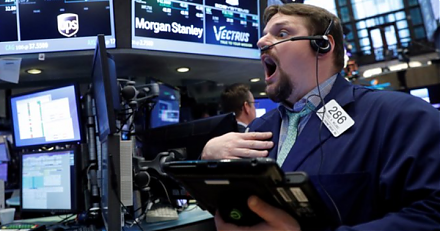
The U.S. Treasury yield curve inverts for the first time since the Global Financial Crisis. The key term spread between the 10-year and 3-month U.S. Treasur
2019-02-09 08:33:00 Saturday ET
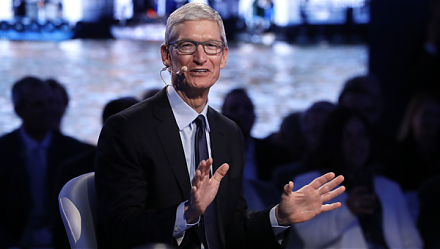
Apple provides positive forward guidance on both revenue and profit forecasts for iPhones, iPads, and MacBooks. In the Christmas 2018 festive season, MacBoo
2019-10-25 07:49:00 Friday ET
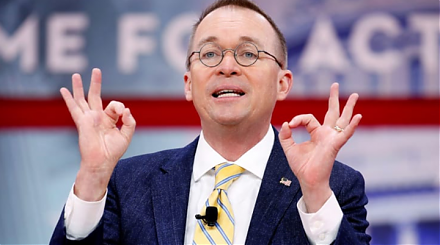
U.S. fiscal budget deficit hits $1 trillion or the highest level in 7 years. The current U.S. Treasury fiscal budget deficit rises from $779 billion to $1.0
2019-12-19 14:43:00 Thursday ET
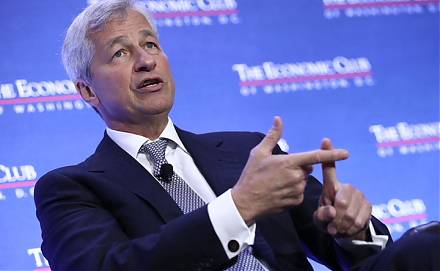
JPMorgan Chase CEO Jamie Dimon views wealth inequality as a major economic problem in America. Dimon now warns that the rich Americans have been getting wea
2020-08-26 10:33:00 Wednesday ET

Through purposeful leadership, senior managers inspire teams to reach heights of both innovation and profitability with great brand identity and customer lo
2019-07-17 12:37:00 Wednesday ET
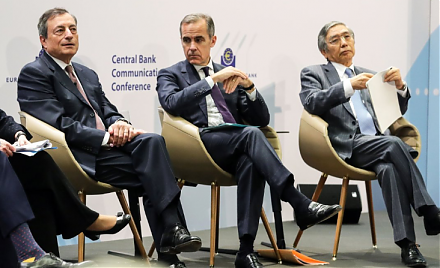
Gold prices surge above $1400 per ounce amid global trade tension and economic policy uncertainty. Both European Central Bank and Bank of Japan may consider